Understanding the optimal age for skin whitening treatments is essential for achieving the best results while maintaining skin health. Skin whitening procedures have gained popularity for their ability to brighten complexion, even out skin tone, and address pigmentation concerns. However, determining the appropriate age to undergo such treatments depends on several factors, including skin maturity, hormonal changes, and individual skincare goals. If you’re considering Skin Whitening Abu Dhabi, knowing the ideal age and timing can help you make an informed decision and ensure safe, effective results.
The Significance of Skin Maturity and Timing
Skin Development and Maturity
The skin’s development continues through adolescence into adulthood. During teenage years, hormonal fluctuations can cause increased oil production and acne, which may influence skin tone but also make skin more sensitive to treatments. Typically, skin reaches full maturity in the early twenties, when it becomes more resilient and better suited for cosmetic procedures. Addressing skin concerns such as hyperpigmentation or uneven tone after the skin has fully developed ensures that treatments target mature skin, reducing the risk of adverse effects and optimizing results.
When to Consider Skin Whitening Treatments
While there is no universal age limit, most experts recommend waiting until the skin has stabilized, usually in early adulthood. For many, this is around the age of 20 to 25 years. At this stage, the skin’s natural regenerative processes are stronger, and the skin’s response to treatments is more predictable. Additionally, individuals experiencing persistent pigmentation issues or uneven skin tone due to sun exposure or hormonal changes might benefit from earlier intervention, provided the skin is mature enough to handle it.
Factors Influencing the Ideal Age for Skin Whitening
Skin Concerns and Goals
The primary reason for considering skin whitening treatments varies among individuals. Some seek to diminish dark spots, hyperpigmentation, or uneven skin tone, while others aim for a brighter, more uniform complexion. The severity and nature of these concerns can influence the timing of treatment. For example, addressing pigmentation caused by sun damage or hormonal changes might be more effective after adolescence when such issues become prominent.
Skin Sensitivity and Resilience
Younger skin tends to be more sensitive and reactive, which can affect how it responds to cosmetic procedures. As skin matures, it develops better resilience, allowing for more aggressive treatments if necessary. Consulting with a skincare specialist can help determine whether your skin is suitable for whitening procedures at your current age, ensuring safety and efficacy.
Lifestyle and Environmental Factors
External factors such as sun exposure, pollution, and lifestyle habits significantly influence skin health and pigmentation. Individuals with prolonged exposure to harsh environmental conditions may develop pigmentation issues earlier, prompting considerations for skin whitening treatments at a younger age. Conversely, protective skincare routines can delay the need for such procedures, emphasizing the importance of preventive care.
The Role of Skincare Routine and Prevention
Establishing a Skincare Routine
A consistent skincare routine tailored to your skin type can prevent or minimize pigmentation issues, reducing the immediate need for skin whitening treatments. Incorporating sunscreen, antioxidants, and moisturizers can protect the skin from environmental damage and promote even tone. Early adoption of good skincare habits is particularly beneficial for younger individuals aiming to maintain healthy, radiant skin.
Preventive Measures and Lifestyle Choices
Effective prevention involves protecting the skin from sun damage, avoiding skin irritants, and maintaining hydration. Lifestyle choices such as avoiding smoking and limiting alcohol consumption also contribute to overall skin health. These measures can delay or reduce the severity of pigmentation problems, making skin whitening treatments more suitable at a later stage when desired.
Consulting a Professional for Personalized Advice
Importance of Expert Consultation
Every individual’s skin is unique, and factors such as skin type, pigmentation issues, and overall health influence the optimal timing for treatments. Consulting a qualified skincare professional provides personalized advice, ensuring that the chosen procedure aligns with your age, skin condition, and goals. An expert can assess your skin’s maturity, resilience, and specific concerns to recommend the most appropriate age and treatment plan.
Customizing Treatment Plans
Professional consultations often lead to customized treatment plans that consider your skin’s current condition and future needs. This approach maximizes safety and effectiveness, enabling you to achieve your desired results while minimizing potential side effects. Whether you are in your twenties or later, expert guidance ensures that your skin whitening journey is both safe and successful.
Conclusion: When Is the Right Time to Consider Skin Whitening?
The ideal age for skin whitening treatments varies among individuals but generally falls within early adulthood, around 20 to 25 years. It is crucial that the skin has reached full maturity to ensure better resilience and predictable results. Factors such as skin concerns, sensitivity, environmental exposure, and lifestyle habits play a role in determining the best timing. Consulting with a skincare specialist allows for personalized advice, ensuring that treatments are suitable for your age and skin condition. Prioritizing skin health alongside aesthetic goals guarantees a safe and satisfying transformation.
FAQs
1. At what age should I start considering skin whitening treatments?
Most individuals find that waiting until their early twenties, around 20 to 25 years, is ideal as the skin has fully matured, making treatments safer and more effective.
2. Can teenagers undergo skin whitening procedures?
While some younger individuals may seek treatments for specific concerns, it is generally recommended to wait until the skin has fully developed and stabilized, typically in late adolescence or early adulthood.
3. How does skin maturity affect the results of whitening treatments?
Mature skin tends to respond better to treatments due to increased resilience and regenerative capacity, leading to more predictable and longer-lasting results.
4. Is it better to prevent pigmentation issues through skincare rather than undergo whitening treatments later?
Yes, establishing a good skincare routine, protecting against sun damage, and maintaining healthy habits can prevent or minimize pigmentation issues, potentially reducing the need for treatments later in life.


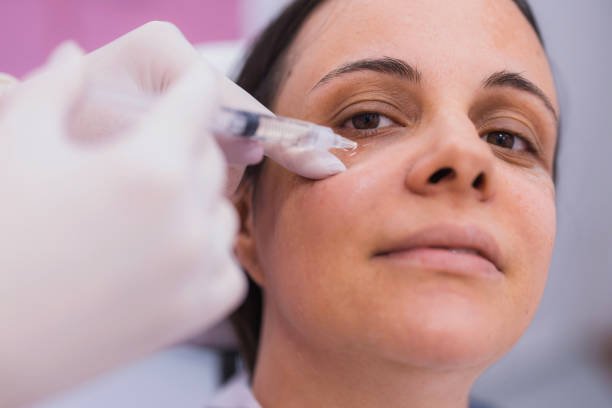


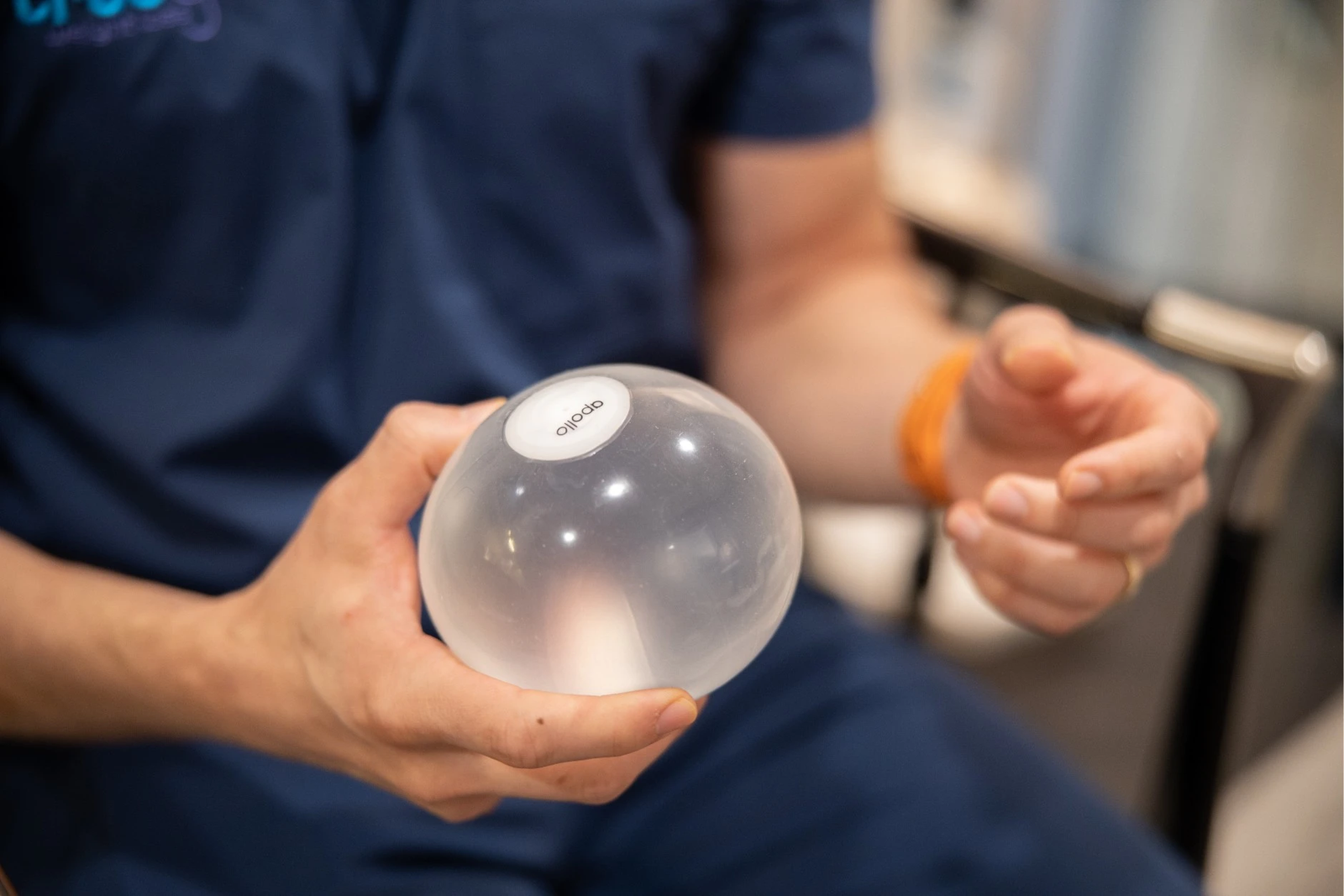
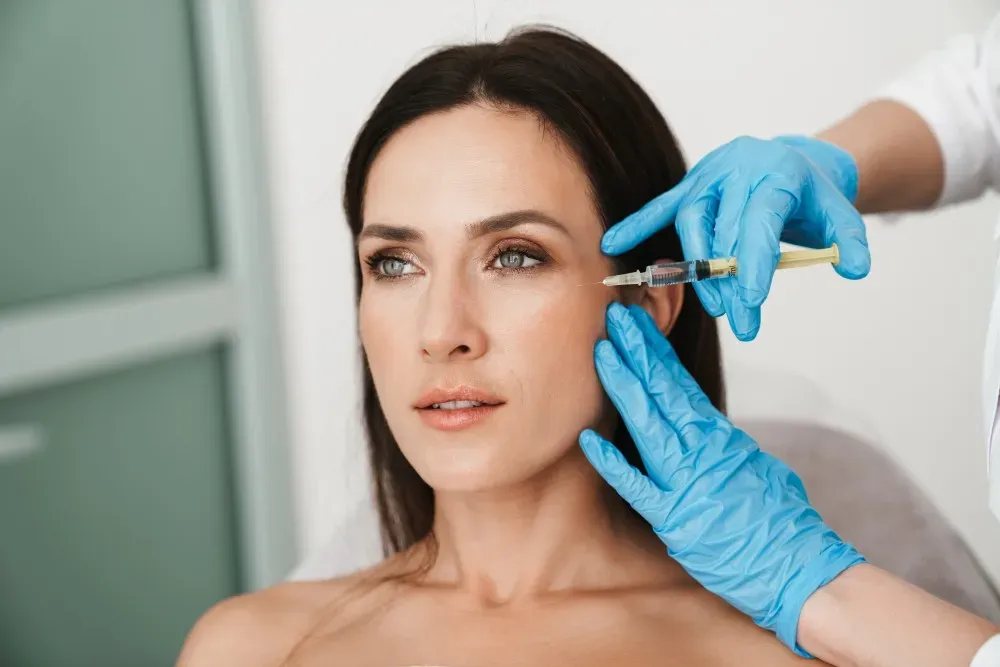
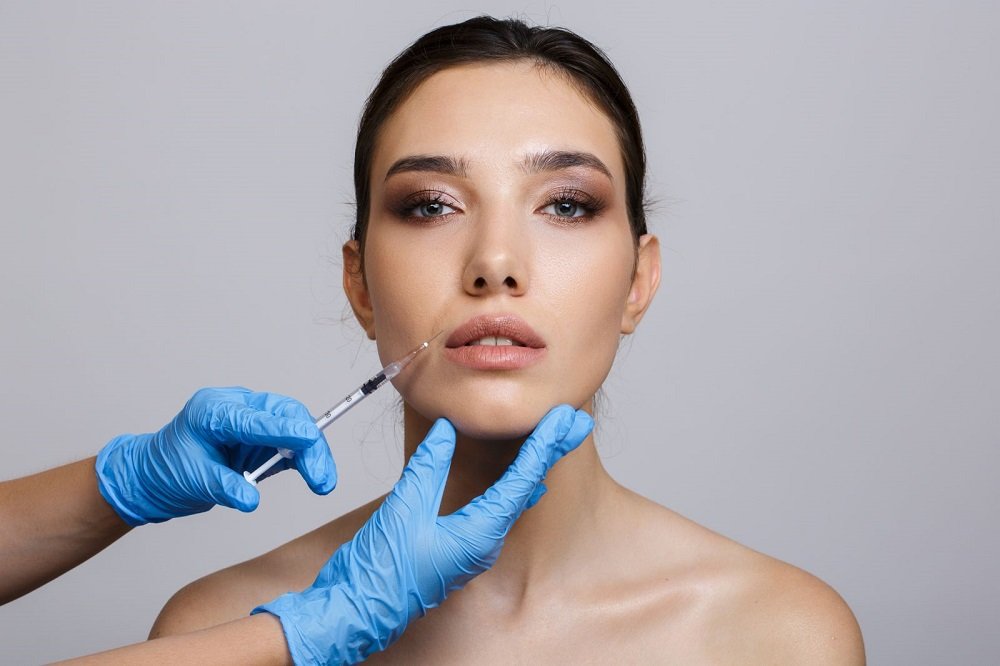
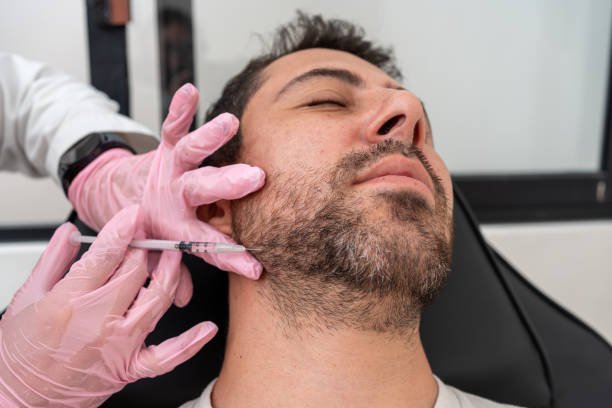


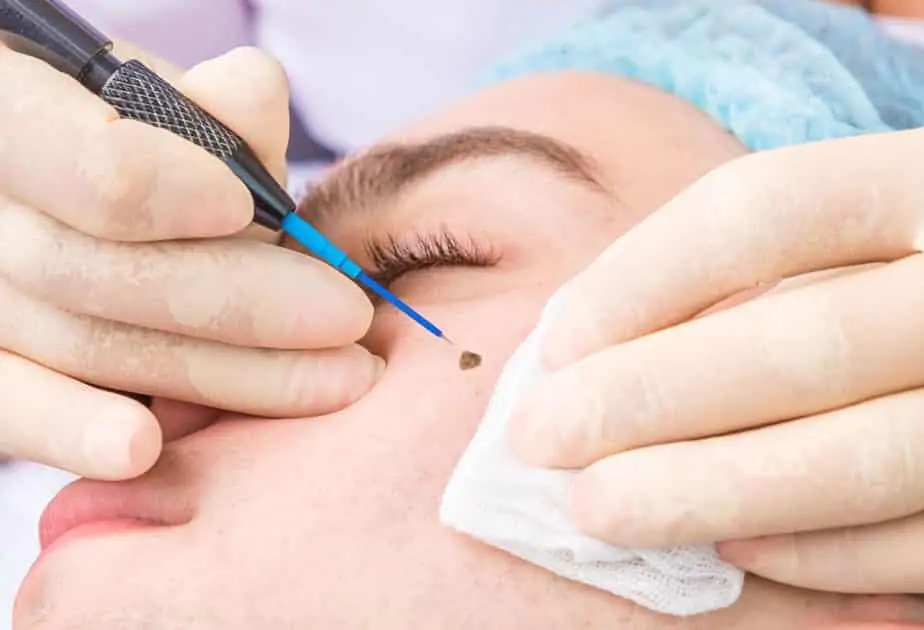



Leave a Reply